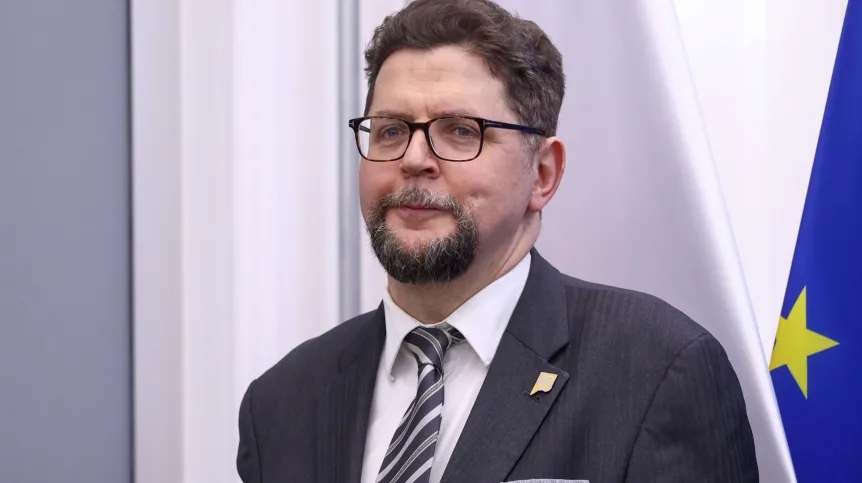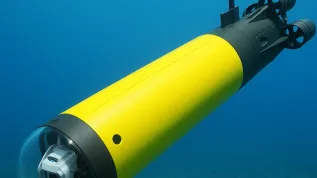
A ‘European’ degree will increase the attractiveness of studying in Poland, but clarifying the regulations requires a lot of work, according to members of the Parliamentary Committee for European Union Affairs.
Last week, the committee discussed the EU's proposal to introduce a European degree. The government's position was presented by Deputy Minister of Science Andrzej Szeptycki.
'The government's position was discussed with the General Council of Science and Higher Education and with CRASP. We have no major objections. This is an important opportunity, especially for Polish education - many students study in Poland because we are in the European Union; emphasizing this European character will further increase the attractiveness of our country's educational offer', said Szeptycki.
The European degree would be used at bachelor's, master's and doctoral levels, and it would be a voluntary and flexible solution.
'This flexible approach would help overcome administrative obstacles that make it difficult to use the full potential of the European Economic Area in the cooperation between European countries', said the deputy minister. He added: 'As for the position of the Polish government, we have a positive, directional attitude towards this proposal - we support the European degree project. However, we believe that the document is of a general nature at this stage and therefore this initiative requires further detail', Szeptycki said.
He added: ‘At this stage, we see several problems. We are afraid that the idea of a European degree may result in the imposition of additional obligations that universities would have to meet, beyond the national requirements. There are also terminology problems in this proposal - phrases that require clarification. These are concepts such as: +common programme+, +common degree+, +common diploma+, +European diploma+. Moreover, a clear distinction must be made between the concept of a +common diploma+ - i.e. a document issued by several universities - and the so-called +multiple diplomas+; most often, these are double diplomas - i.e. universities that issue two diplomas after one study course’.
He also pointed out that the introduction of a European degree will require taking various steps, e.g. defining common criteria that will allow for awarding such a degree.
'There will be a need to include this degree in the national legislation of Member States. The question arises about the quality control mechanisms of such degrees, about the place of the European degree in the context of science qualifications. There are also technical issues, e.g. the design of the diploma and securing it against potential forgeries', Szeptycki said.
MP Patryk Gabriel, acting as rapporteur, said that the introduction of the European degree would contribute to strengthening European integration.
'The stage is initial, but this initiative is of fantastic importance when it comes to strengthening European integration. Its voluntary nature and an attempt to actively decide on its final shape - for example by the fact that the first forum on this topic would be a part of our presidency in the first half of next year - indicates that we want to influence the arrangements', Gabriel said. (PAP)
PAP - Science in Poland, Urszula Kaczorowska
uka/ bar/ kap/
tr. RL













